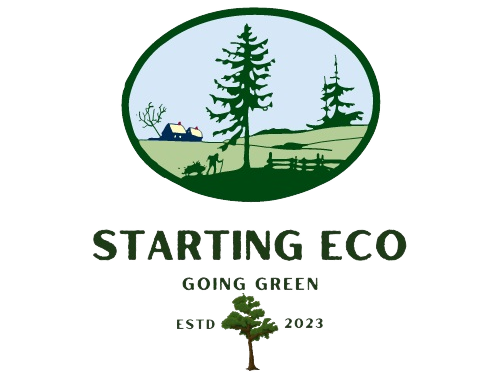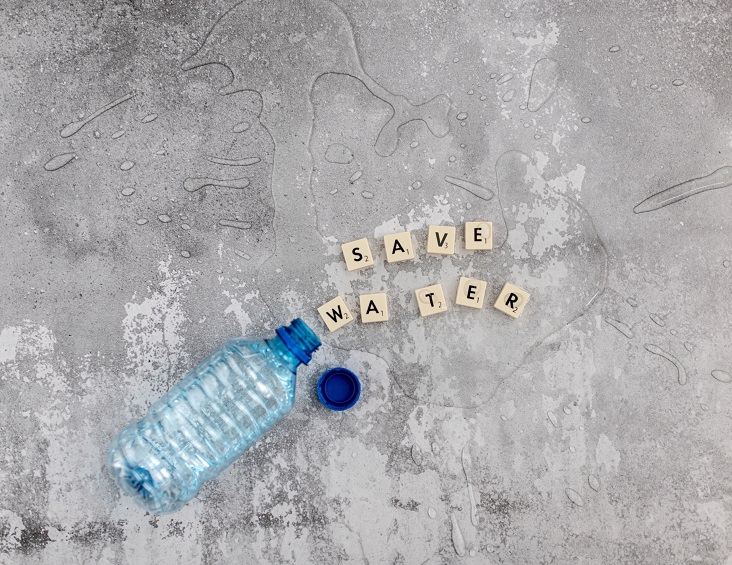At-Home Water Conservation You Can Do Today
I live in the country on a dug well that’s around 14 feet deep. Water conservation is vital or we will run out during the summer, and dry season.
Living in Canada we tend to take drinking water for granted even though the city and towns have a mandatory water meter installed.
No, I don’t have to pay for water in the country but wasting gallons of water is not an option either.
With growing concerns over water scarcity and environmental sustainability these days, the need for water conservation has become increasingly important.
By adopting some at-home water-saving practices and implementing efficient appliances, we can do our part to contribute to preserving the water supply, protecting the environment, and saving energy at the same time.
I can explain water conservation measures and their benefits, highlighting the importance of conserving our water.
I. Understanding the Importance of Water Conservation
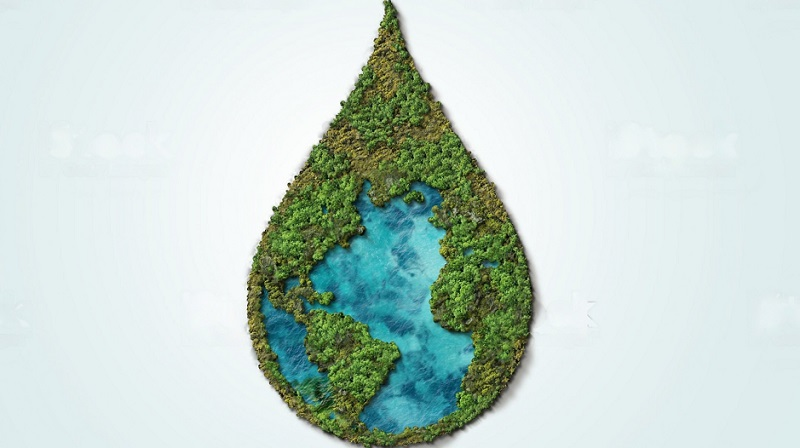
1.1 The Significance of Drinking Water
Access to clean and safe drinking water is crucial for human survival and well-being. The human body should drink 6 – 8 glasses (8 fl oz) of water every day.
By conserving water, we ensure an adequate supply of drinking water for present and future generations.
1.2 Conserving Water for a Sustainable Future
Water Conservation goes beyond meeting immediate needs; it is about ensuring the long-term availability of this precious resource.
By reducing unnecessary water usage, we protect natural ecosystems, prevent water shortages, and promote a sustainable future.
The next question is, how can we do this?
Here are some strategies to help you get started.
II. Practical Water Conservation Strategies
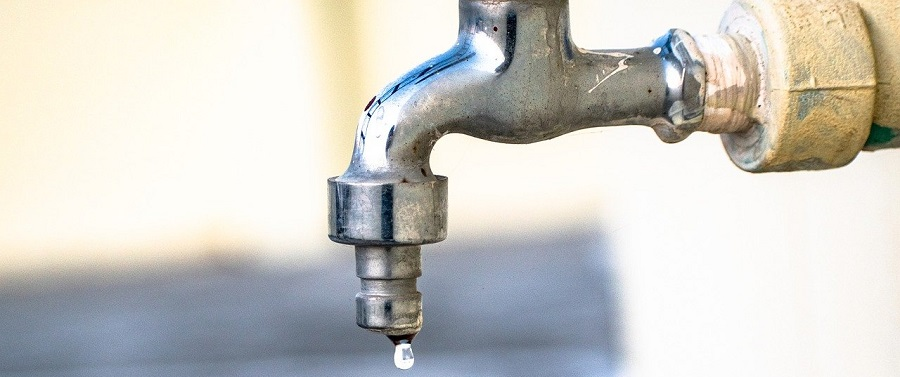
2.1 Efficient Water Use at Home
Fix leaks and drips: Sounds straightforward but checking for water leaks and drips in faucets, toilets, and other plumbing fixtures can add up.
Even small leaks can waste a significant amount of water over time. Repairing these leaks promptly can help conserve water and prevent unnecessary water waste.
Additionally, consider using a broom instead of a water hose to clean outdoor spaces like driveways or patios.
2.2 Conserve Water with High-Efficiency Washing Machine
Replacing older washing machines with high-efficiency models can save gallons of water per load.
Most newer washing machines utilize the advanced technology to minimize water usage based on the amount of clothes inside.
My LG is still effective in cleaning performance while saving me water.
If you own older machines then wash only full loads of laundry at a time.
2.3 Smart Water Usage Can Save Water
Simple practices like turning off the tap while brushing teeth or shaving, and doing only full loads in dishwashers and washing machines can significantly reduce water waste.
Upgrade your home with water-saving fixtures such as low-flow showerheads, faucets, and toilets.
Most of these energy-efficient fixtures are designed to use less water without compromising performance.
For example, low-flow showerheads can reduce water usage by up to 50% compared to traditional showerheads, while water-efficient toilets use 1.6 gallons less water per flush.
2.4 Start Using Tap Water: A Sustainable Choice
Choosing tap water over bottled water not only reduces plastic waste but also helps conserve water.
Municipal water plants have Chlorine treatments and undergo rigorous testing to ensure safety and quality.
With well water, you are on your own meaning it’s free and untreated.
But your water should be tested regularly (1/yr) and used instead of bottled water when you can.
2.5 Water Conservation in Outdoor Spaces
- Use native or drought-tolerant plants like Agave, desert rose, or cactus, that require less water.
- Apply mulch around plants and garden beds to retain moisture in the soil.
- Let the rain do your watering by monitoring the weather and adjusting watering schedules accordingly.
- Limit the use of water fountains or decorative pools that can result in significant water loss through evaporation.
2.6 Efficient Irrigation Systems
Utilizing drip irrigation systems and adjusting sprinklers to avoid water loss through evaporation can save substantial amounts of water in gardens, lawns, and agricultural fields.
2.7 Harvesting Rainwater and Graywater
Installing rain barrels or storage tanks to collect rainwater for outdoor use is another great start.
Also repurposing graywater from activities like dishwashing or laundry for irrigation purposes can greatly reduce reliance on freshwater sources.
III. The Water-Energy Nexus: Saving Water, Saving Energy
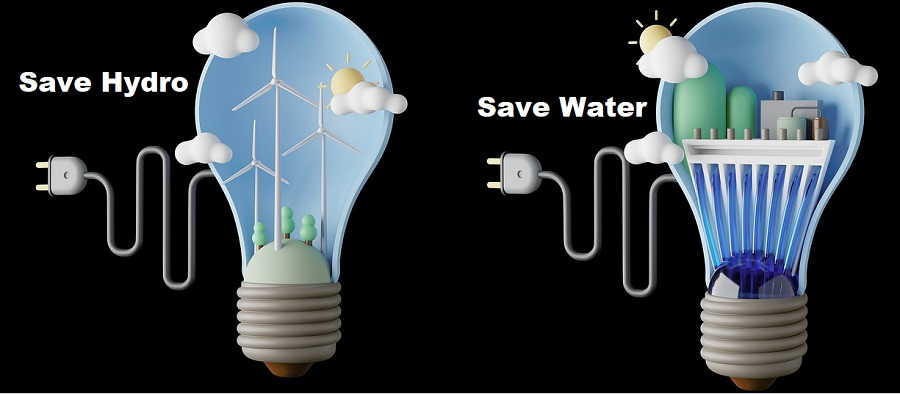
3.1 Conserve Water to Save Energy
Water conservation goes hand in hand with energy conservation. Treating and using water requires a significant amount of energy.
By conserving water, we reduce the energy needed for water supply and treatment, resulting in lower carbon emissions and decreased reliance on fossil fuels.
3.2 Water Conservation in Household Energy Use
Here are some examples of ways to save on household energy usage.
3.2.1 Hot Water Efficiency
Using high-efficiency showerheads and faucets, insulating hot water pipes, and setting water heater temperatures to an optimal level can conserve water while saving energy spent on heating.
Insulate hot water pipes to minimize heat loss and reduce the amount of time it takes for hot water to reach faucets and showers.
On-demand hot water, also known as tankless or instantaneous water heaters, offers several benefits compared to traditional water heaters with storage tanks. Here are some of the advantages of on-demand hot water:
- Energy efficiency: On-demand hot water systems only heat water when needed, eliminating the energy losses associated with constantly reheating water in a storage tank.This efficiency can result in lower energy consumption and reduced utility bills.
- Continuous hot water supply: With a tankless system, you have a continuous supply of hot water on demand.You don’t have to wait for a storage tank to refill and reheat before you can access hot water again.This is particularly beneficial for households with high hot water demands or multiple simultaneous users.
- Space-saving design: Tankless water heaters are compact and can be installed in various locations, including wall-mounted installations.They take up significantly less space compared to traditional water heaters with large storage tanks, freeing up valuable floor space in your home.
- Longer lifespan: On-demand hot water systems often have a longer lifespan compared to traditional water heaters.While storage tank heaters typically last around 10-15 years, tankless systems can last up to 20 years or more with proper maintenance.This longer lifespan can result in cost savings over time.
- Reduced risk of water damage: Unlike storage tank water heaters, on-demand systems don’t have a large volume of stored water that can potentially leak or cause damage if the tank fails.This reduces the risk of water damage and the associated costs and inconveniences.
3.2.2 Efficient Kitchen Practices
This can be as simple as defrosting frozen foods in the refrigerator overnight instead of using running water.
Also using soapy water to rinse your dishes in a filled sink, rather than using cold water is another way to reduce water waste in the kitchen.
IV. Water Conservation and Environmental Impact
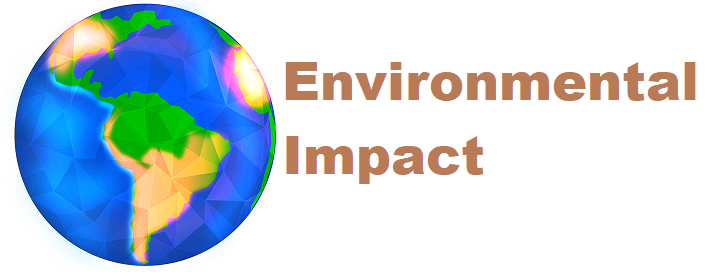
4.1 Protecting Water Resources
Conserving water helps preserve the integrity of our water systems, including lakes, rivers, and underground aquifers.
By reducing pollution and overloading municipal sewer systems, we safeguard the quality and availability of water for both human consumption and wildlife habitats.
4.2 Mitigating Water Footprint in Food Production
Certain foods require a large amount of water to produce, while others are less water-intensive.
Choosing less water-intensive foods and minimizing food waste can significantly reduce our overall water
consumption. By making conscious choices in our food preparation and reducing wastage, we can lower the water footprint associated with food production.
4.3 Conserving Water for Environmental Sustainability
Water conservation plays a crucial role in maintaining the balance of ecosystems.
By preserving water resources and reducing water pollution, we ensure the availability of clean water for aquatic life, protect sensitive ecosystems, and support the natural regeneration of flora and fauna.
V. Individual and Community Actions for Water Conservation
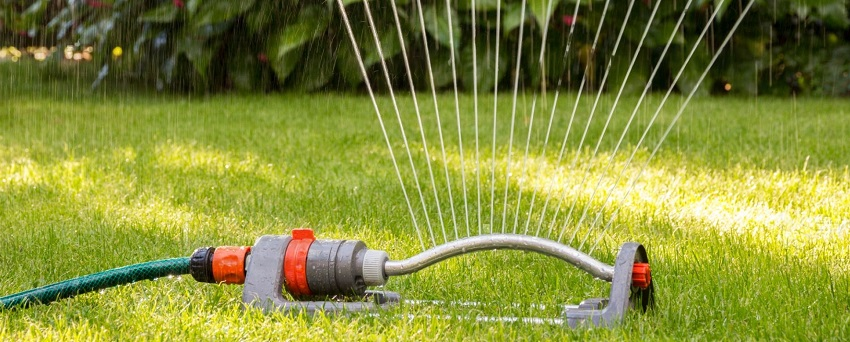
5.1 Responsible Water Usage at Home
Encouraging individual responsibility is key to achieving widespread water conservation.
Simple actions such as taking shorter showers, turning off taps when not in use, and fixing household leaks can collectively make a significant impact on water savings.
5.2 Water-Saving Devices and Technologies
Installing water-saving devices like low-flow toilets, high-efficiency washing machine,
aerators on faucets, and efficient spray devices in gardens can optimize water usage without compromising functionality.
These technologies help reduce water consumption while maintaining convenience and comfort.
5.3 Education and Awareness
Raising awareness about the importance of water conservation is vital for fostering a culture of sustainability.
Schools, community organizations, and local authorities can play a crucial role in educating individuals about water conservation practices and their environmental benefits.
5.4 Government Initiatives and Policies
Governments can contribute to water conservation efforts by implementing policies and regulations that promote efficient water use.
These can include incentives for the use of water-saving technologies, stricter water usage standards, and investment in water infrastructure to minimize leaks and losses.
Last two cents on water consumption
Water conservation is a pressing global issue that requires collective action and individual responsibility.
By adopting practical strategies such as reducing wastage, embracing efficient technologies, and making mindful choices in our daily routines, we can contribute to conserving water.
At the same time protecting the environment, and ensuring a sustainable future for generations to come.
Remember, every drop saved today is an investment in a better tomorrow.
By conserving water, we not only save gallons of water, but we also save energy, reduce water pollution, protect wildlife habitats, and preserve our precious water resources.
Let’s make water conservation a way of life and safeguard this invaluable resource for future generations.
Remember, water is life, and it is in our hands to protect and preserve it. Together, let’s make a difference and be champions of water conservation.
